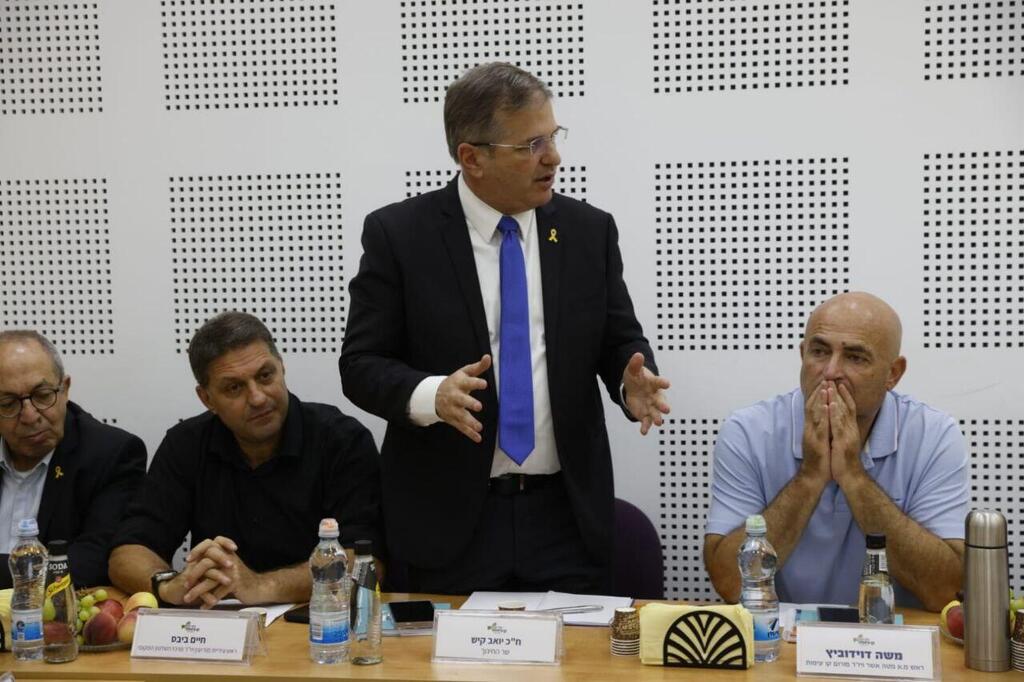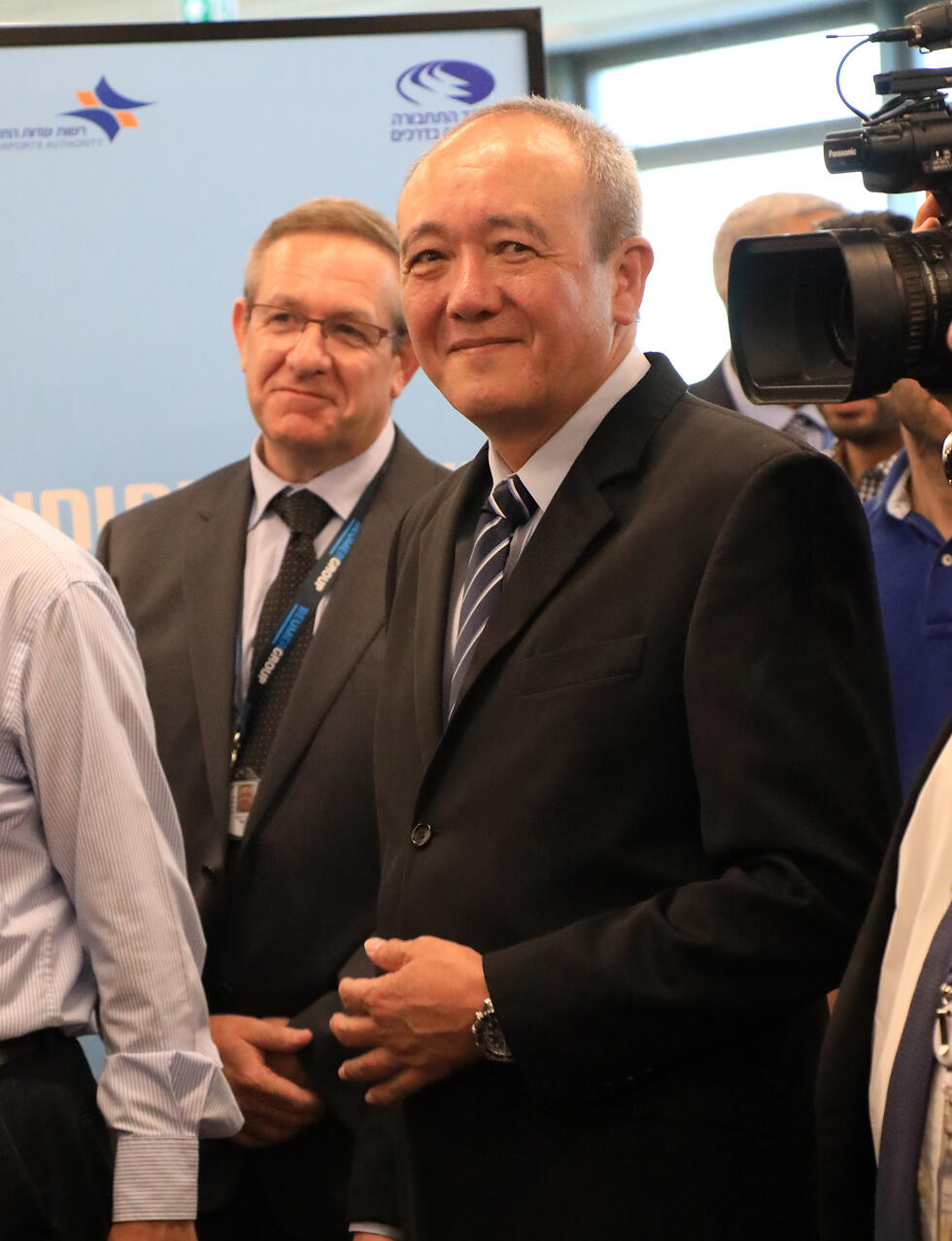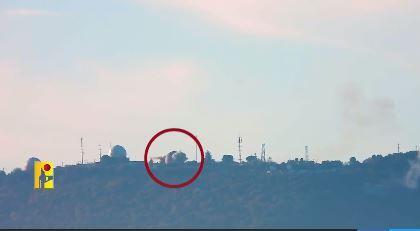Getting your Trinity Audio player ready...
Education Minister Yoav Kisch acknowledged during a meeting with the heads of northern municipalities in the conflict zone that the upcoming school year will not open as planned in their communities.
"Regrettably, the 2024 school year will begin in the north with a remote learning format due to the complex security situation in the region," Kisch said at a meeting held at the Mateh Asher Regional Council.
This means that the evacuated students will continue to attend schools in other areas across the country.
"This unfortunate decision, made with a heavy heart, is imposed upon us," the minister added. "I renew my call to the prime minister and the heads of the defense establishment to act now and forcefully against Lebanon. A significant war with Lebanon is the only way to restore peace and stability to the northern residents and secure Israel's future."
The Education Ministry and the Federation of Local Authorities in Israel reported that Kisch and the ministry's management met with northern municipal leaders as part of preparations for the upcoming school year. During the meeting, Federation of Local Authorities in Israel Chairman Haim Bibas presented the serious concerns and timeline gaps that authorities have been warning about for several months. The minister introduced the municipal leaders and council heads to the network of remote learning schools established in the north, with a budget of approximately $41 million, to facilitate the return of evacuated students to their communities and natural environments.
Additionally, the minister noted that a budget of $1.35 million has been allocated to enhance security measures at schools and kindergartens in the northern conflict zone municipalities. "We see a consistent drop of at least 25% in school enrollment in the north, losing the peripheral regions of Israel," Bibas said. "Israel must not become a state confined between Gedera and Hadera – this would be a crisis from which it would be very difficult to recover."
Moshe Davidovich, head of the Mateh Asher Regional Council, said, "We, the municipal leaders, are the direct intermediaries with the public. These are our children and, therefore, we know their needs best. The gaps compared to the needs are significant. At this time, it is impossible to do what is normally done. We are at war, and there is no capacity for bureaucracy; we must stop chasing it. I expect all government ministries to come to the north with all the professionals and hold operational meetings to see results on the ground."
Kisch acknowledged in an interview at the Ynet and Yedioth Ahronoth education conference about two weeks ago that he could not confirm with certainty that the evacuees in the north will be able to return to school in September. "This is a security issue with political and security complexities. I am not at the decision-making point. What I know to do is to pressure and explain the painful cost if we do not open the school year for those evacuees in their homes," he explained then.
Kisch also said in the same interview: "My biggest challenge today is in the north, the conflict zone that is essentially not evacuated, where under fire children need to be sent to school. This is a difficult situation. We must bring the students back to the north and do it now. This means returning the residents to their homes in the north, and the State of Israel is now obligated to launch an offensive in the north to resolve the situation."
He emphasized that "I see the return of the children, and the greatest difficulty is not with the evacuees, who are in facilities and being cared for. The northern conflict zone today is the heaviest price we are paying in the war."
At the end of June, the secretary-general of the Teachers' Union, Yaffa Ben-David, sent a letter of complaint to Kisch, claiming she had received dozens of complaints from evacuated teaching staff who had received threatening calls from inspectors and school principals about canceling their police certification. According to her, they were required to return to teach at the schools where they taught or at evacuation centers in the Upper Galilee, as reported to Ynet.
Ben-David wrote at the time: "Teaching staff are receiving threatening phone calls from principals and inspectors demanding they return to teach in the upcoming school year at their original schools or at evacuation centers." She emphasized that this is "an aggressive conduct carried out through phone calls to vulnerable teaching staff, whose mental state is already unstable because they were evacuated from their homes."
More hotel time needed
Meanwhile, the evacuees from the north, represented by the "Fighting for the North" headquarters, on Tuesday approached the Northern Affairs coordinator, Eliezer (Cheney) Marom, demanding an extension of their stay in hotels.
In a letter sent to Maron, whose appointment was approved on Sunday in a government meeting, they wrote: "We are approaching you after nine months of being evacuated from our homes. Unfortunately, it seems that the State of Israel is not urgently addressing the situation in the north, and the remaining residents serve as a kind of 'human security buffer' within Israel's territory, while tens of thousands are evacuated from their homes."
They further noted: "A few weeks ago, the state extended our stay in hotels, but it was again done for a short period, which puts all families in another period of uncertainty, as they cannot plan the coming months, especially the start of the next school year, with the uncertainty about where they will live."
"We urge you to lead an initiative to extend the stay in hotels so that IDF can go to war in Lebanon, leading to a long-term victory and preventing future wars, and we hope this will alleviate, even slightly, the hardship of the evacuee families, hoping that these long months will not be in vain."




